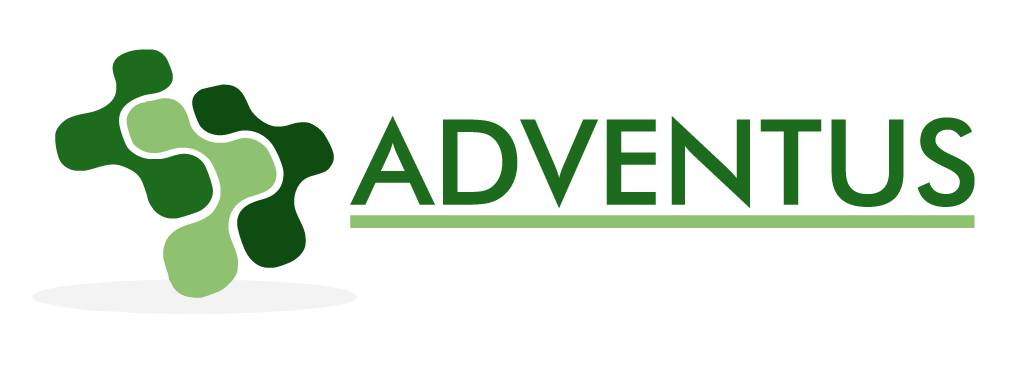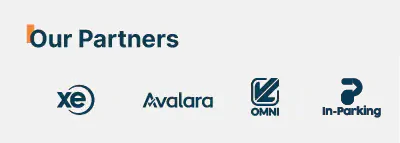Frequently Asked Questions
Do you have some doubts? Here are the answers to the FAQ to help you understand more about Dynamics 365.
What are the best modules of Microsoft Dynamics 365?
With more than 10 available modules for Dynamics 365, every solution focuses on different aspects that will be more valuable to specific organizations seeking to work on such areas. Therefore, each module ensures the best performance, helping companies meet core business needs across finance, supply chain, operations, sales, marketing, and more.
It is crucial to analyze your business needs and challenges before choosing a Dynamics 365 solution — you can also consider professional consultants’ advice to make the right choice before implementation.
Is Dynamics 365 on-premise or cloud?
Dynamics 365 is a suite of cloud-based solutions that combines ERP and CRM capabilities designed to effectively connect, visualize, prioritize, and manage every area of your business.
Finance & Operations apps can run on-premise and in the cloud. However, they could have some limitations in the on-premise deployment, and the system requirements, functionalities, and hardware sizing differ from the cloud deployment.
Is Dynamics 365 and ERP or CRM?
Microsoft Dynamics 365 is not an individual ERP or CRM system. Dynamics 365 is an ecosystem of cloud-based solutions that combines ERP and CRM capabilities within a single place to integrate disparate operations.
Dynamics 365 users leverage the most intelligent, integrated, and efficient ERP, CRM, and Business Applications to bring a user-friendly experience to customers and employees.
Is coding required for Dynamics 365?
As a complete ERP Solution, Dynamics 365 can be customized or extended to include new features based on customers’ requirements and business. Dynamics 365 provides an integrated development environment, allowing organizations to offer even higher levels of adjustments.
Therefore, Dynamics 365 can be implemented with the default configurations without coding or customization, but it has the possibility of making the customizations that the client wants through code.
What database is used by Microsoft Dynamics 365?
Dynamics 365 offers two options to be implemented, cloud or on-premise. The most popular choice for Dynamics 365 implementations is deploying in the cloud, which is hosted in Azure.
Hosting your software in the cloud essentially means that everything, from the program itself to your data, is stored online. Azure SQL Database is the service that Dynamics 365 Finance uses as a Database Engine.
What are the 3 main areas in Dynamics 365?
Dynamics 365 specializes in Enterprise Resource Management (ERP), Customer Relationship Management (CRM), and business applications while seamlessly combining their powerful capabilities to manage every business area easily and efficiently.
What industries does Dynamics 365 work for?
Dynamics 365 is a really versatile solution that works for any industry. Several leading companies in the IT & Services industries have transformed their operations with these modern technologies. As well as leading manufacturing, food, health, sports, and more industries.
Companies such as Coca-Cola to Delta, BMW to Bayer, or Adobe to Prada are reaching their full potential, regardless of their industry, by relying on Dynamics 365.
































